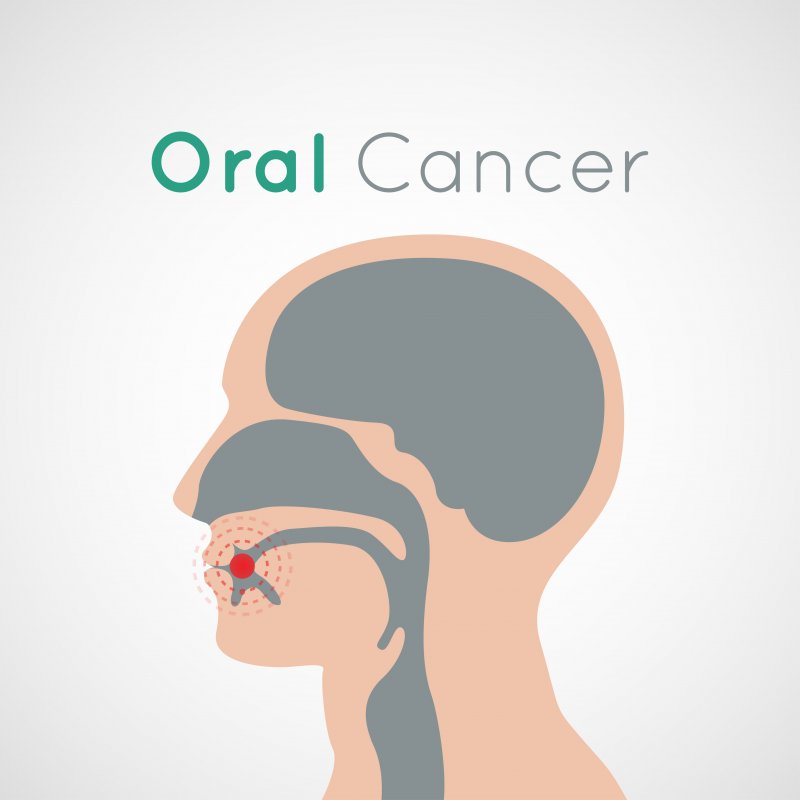The Stages & Treatment Methods of Oral Cancer
March 26, 2022

Your dentist does much more than examine and clean your teeth whenever you schedule a dental visit. Part of this regular procedure is to perform an oral cancer screening. Since there are more than 49,000 cases of this condition every year in the US, it’s important that your dentist keeps track of your situation in case something changes. Keep reading to learn about the stages of oral cancer and the kinds of treatments available!
The Stages of Oral Cancer
If your dentist detects signs of oral cancer during your screening, then they will assign which stage you’re on. There are five phases in total, and they include the following:
- Stage 0: This is the very start of the scale, which describes unusual cells in the lining of your lips or oral cavity with the potential to become cancer.
- Stage 1: As an early phase of cancer, the tumor is no more than two centimeters. It also hasn’t reached the lymph nodes.
- Stage 2: The tumor is now larger than two centimeters but not more than four.
- Stage 3: The cancer is now more than four centimeters or has reached a lymph node in the neck.
- Stage 4: This is the most advanced phase of oral cancer, where the size of the tumor varies but it’s spread much further. It can reach either nearby tissue (jaw or other parts of the mouth), a large lymph node beside or opposite the tumor (or multiple lymph nodes), or beyond the mouth, such as the lungs.
What Are the Treatments Methods?
Oral cancer treatment will depend entirely on the stage and location of the tumor at diagnosis. One major option is to perform surgery to remove the tumor and cancerous lymph nodes. There are also several forms of therapy—like radiation, targeted, and chemotherapy—that specifically focus on and eliminate the cancer cells, often in combination with each other.
An important part of helping with your treatment and recovery is to eat nutritious meals. Since you’ll have to remain cautious with your mouth and throat, consult with your dentist about which foods could be most helpful. Additionally, maintaining a good dental hygiene is essential for both healing from and preventing oral cancer.
Even if your initial screening says your clear of any issues, you should always visit your dentist at least twice a year to detect oral problems early on. The sooner you catch anything, the quicker you can get the treatment you need!
About the Author
Dr. Ukti Phadnis is dedicated to delivering outstanding and comprehensive dental care. She remains up-to-date with the latest technology and procedures through continuing education every year. With her expert team, she offers a wide range of dental treatments, including oral cancer screenings to detect issues early on. If you want to know more about oral cancer and the various treatments, visit her website or call 860-400-3007.
No Comments
No comments yet.
RSS feed for comments on this post.
Sorry, the comment form is closed at this time.


